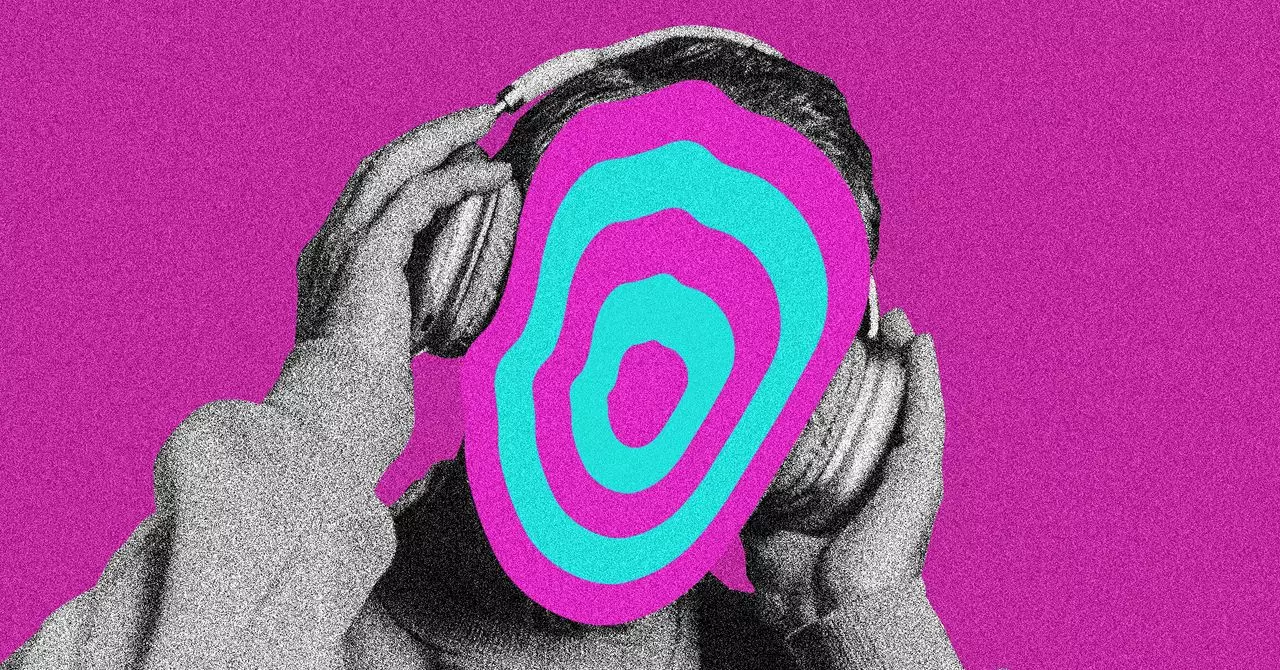In recent years, artificial intelligence has revolutionized various sectors, and the music industry is no exception. The proliferation of AI-generated content is no longer confined to experimental labs or niche communities; it has infiltrated mainstream streaming platforms in ways that challenge traditional notions of authenticity and artistic merit. AI music is now flooding services like Spotify and Deezer, often indistinguishable from human-created tracks, leading to questions about the future of music curation, artist livelihoods, and listener experience.
The phenomenon is not limited to high-concept compositions; it includes everything from parody and novelty songs to seemingly legit genre imitations. For example, a surprisingly large share of new uploads are AI-crafted pieces that mimic genres like soul, country, or psychedelic rock. These tracks sometimes target controversial or provocative themes — even adult content — underscoring how AI’s creative scope is expanding into areas traditionally exploited for shock value or humor. Such content, including derisive and often explicit material, raises alarms about platform integrity, censorship possibilities, and the potential normalization of low-quality or misleading content.
Hidden Economies and Ethical Ambiguities
One stark truth emerges from observing AI-generated music: despite the novelty, many of these tracks generate modest but tangible income streams. Creators like “JB,” who produces obscene AI songs, report earning around $200 per month from streaming — a figure that far from reflects mainstream success but signals a new, less transparent economy emerging around AI-commodified content. Patreon and Bandcamp, which typically foster niche communities and alternative markets, serve as primary revenue channels more suited to such unconventional artists than the major streaming platforms.
This raises significant ethical concerns. Can such AI-generated tracks be considered genuine art, especially when some are deceptively realistic or provocative? Are platforms doing enough to distinguish between human-made and AI content? The lack of disclosure guidelines from companies like Spotify allows AI-generated tracks to slip through algorithms unchecked, creating a landscape where listeners may be unaware they’re consuming machine-produced art. Such opacity risks undermining the trust consumers place in music platforms and dilutes the cultural value of authentic artistic effort.
Platform Responsibilities and the Future of Music Curation
Despite the clear presence of AI music, the industry’s regulatory response remains tepid at best. Deezer’s detection system flags roughly 18% of uploaded tracks as AI, yet there is no widespread mechanism to proactively block AI content from recommendations or playlists. Major platforms like Spotify and YouTube have policies against deepfake artistry, yet these rules largely target impersonation with real artists, leaving a glaring gap regarding AI-generated compositions that mimic genres, styles, or entire identities without deception.
This regulatory ambiguity leaves room for exploitation and manipulation. Certain AI-produced tracks are entering playlists and gaining significant visibility. The recent example of the band Velvet Sundown, which amassed over half a million listeners with AI-created imagery and music, exemplifies how quickly AI can disrupt the traditional metrics of success. Are streaming services inadvertently encouraging the proliferation of low-effort, algorithmically optimized content that hits the right metrics but lacks genuine artistic substance? The current landscape suggests a troubling prioritization of engagement and clickability over authenticity, which could reshape the cultural fabric of music.
A Challenge to Artistic Authenticity and Cultural Integrity
Beyond economics and platform policies, AI music’s rise forces society to reconsider what constitutes art and authenticity. When AI can produce convincing imitations of popular styles or generate content that appeals to algorithms’ preferences, the value proposition of human artistry is threatened. Moreover, the possibility of AI bots creating adult-themed or intentionally offensive tracks presents a risk of normalizing content that may poison the musical ecosystem with noise, misdirection, and low-quality offerings.
In this evolving space, ethical questions about creator rights, content labeling, and platform accountability are urgent. Should AI-generated music be clearly labeled? Should algorithms be designed to prioritize human-created works? Or is the industry resigned to a new paradigm where machine-generated content coexists alongside genuine art, challenging both consumers and curators to navigate a landscape rife with ambiguity?
As AI continues to develop and embed itself deeper into our digital lives, the question isn’t just about technological possibility but about cultural values, artistic integrity, and the sustainability of human creativity in an AI-saturated era.


Leave a Reply